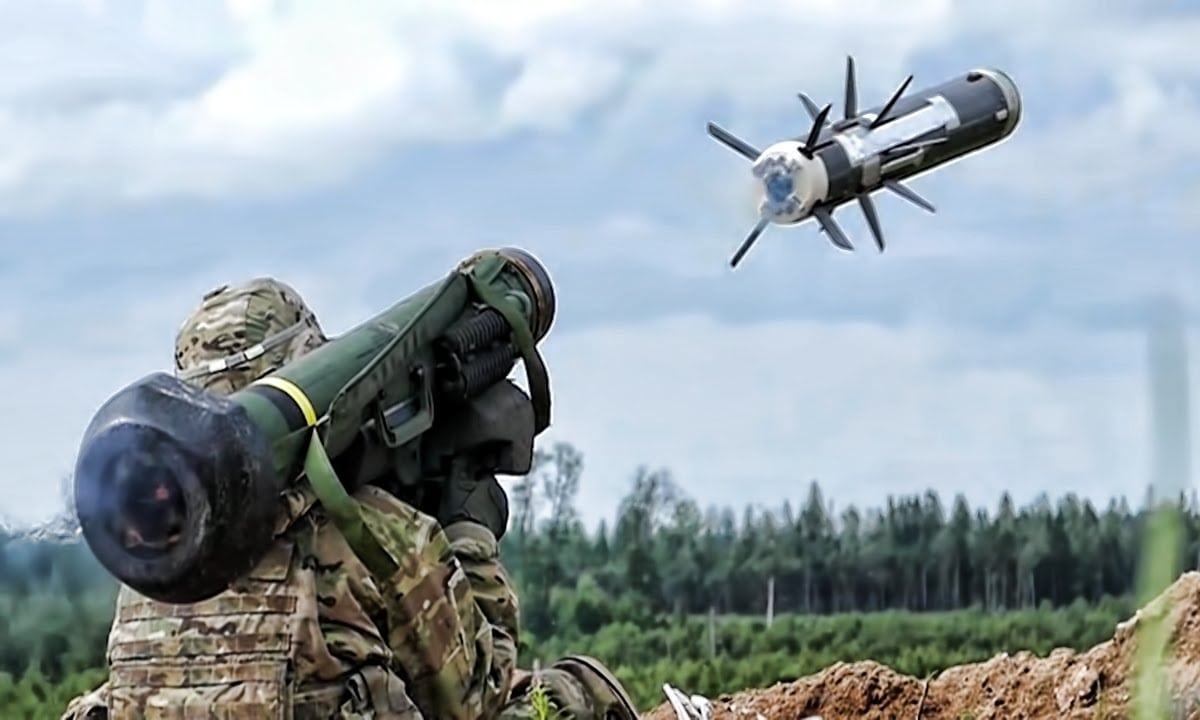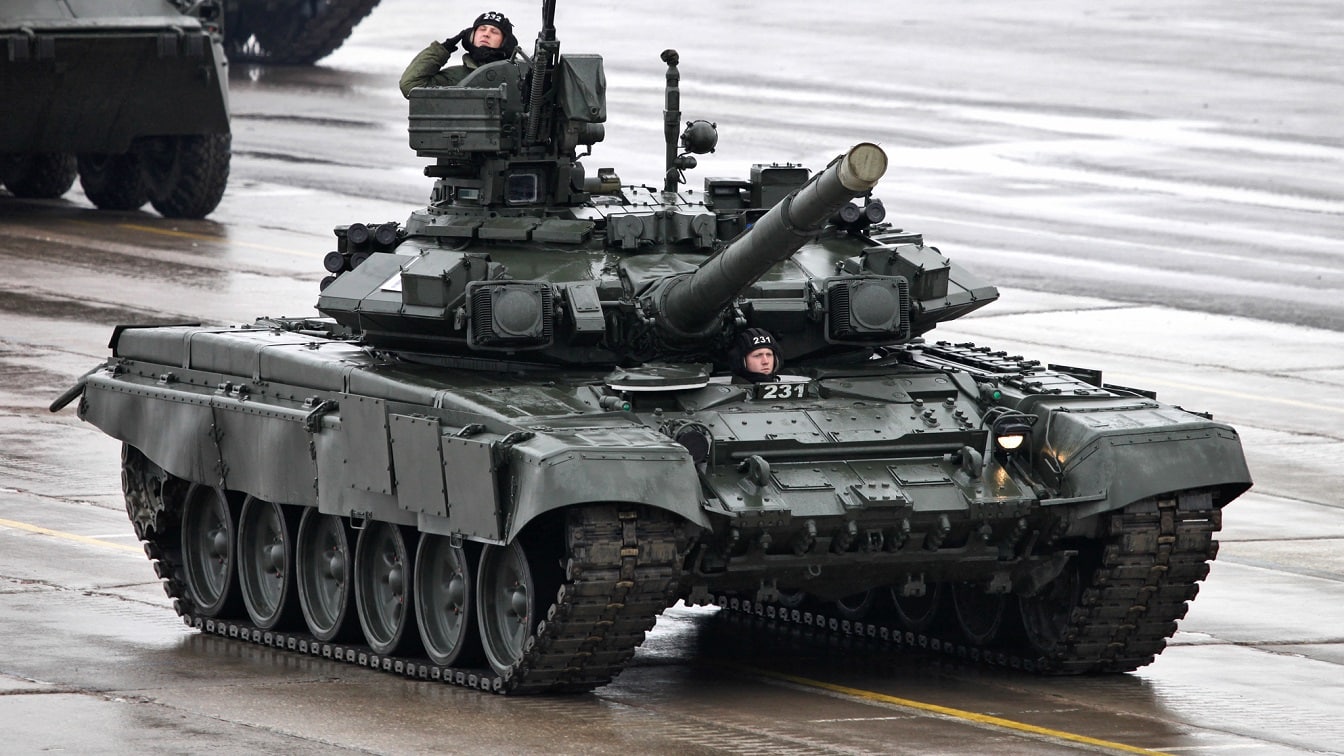Talks continue between the US and Russia, which is vital for both sides. However, Moscow dismissed Washington’s written response to its proposals as inadequate, offering the prospect of dialogue only on secondary issues. Analysts disagree over how close Moscow is to attacking Ukraine, but few doubt that war is possible and would be a disaster for all concerned.
The US doesn’t plan on fighting Russia. To his credit, President Joe Biden rejected the machinations of the Washington War Party. He noted that Kyiv is not a member of NATO and thus the Article 5 defense “obligation does not extend to … Ukraine.” He also promised that there are “not going to be any American forces moving into Ukraine,” indeed, that “We have no intention of putting American forces or NATO forces in Ukraine.”
However, the administration has threatened to impose significant economic sanctions on Russia, disrupting trading relationships around the world. Diplomatic relations would go into a deep freeze. The president also is considering a major military build-up elsewhere in Europe, “deploying several thousand US troops, as well as warships and aircraft, to NATO allies in the Baltics and Eastern Europe,” according to the New York Times. The US would end up more deeply enmeshed in European affairs while the allies would become even more dependent on America despite Washington’s long-standing demand that they take over greater responsibility for their own security.
Of course, war would be even worse for Ukraine. Whatever Russia’s defense sensitivities, Moscow should not be threatening to attack its neighbor, whose people are entitled to choose their future. Even a limited “incursion” would have high economic and human costs.
Such a conflict also could not help but convulse Europe. Economic consequences of the inevitable sanctions would be enormous and political relationships even with relatively Russo-friendly nations such as Germany would be disrupted. Although not directly threatened militarily, Europeans would feel insecure and be under pressure to devote greater resources to their armed forces.
Finally, Russia, even if the military victor, would be a big loser. The Russian people would suffer from a wave of new and tougher sanctions. Although Moscow has worked to de-dollarize its economy and hopes for support from China, living standards would suffer—while the Russian people would gain no measurable benefit from President Vladimir Putin’s geopolitical maneuvering.
Moreover, Putin likely would find himself with a Pyrrhic victory if that. The much-improved Ukrainian military would fight and exact casualties that he could ill explain to Russian spouses and families. Any attempt to occupy Ukrainian territory would face persistent and deadly resistance. Indeed, in western Ukraine partisans battled the returning Soviet authorities after Germany’s defeat, and a bitter insurgency persisted after World War II.
The US and other alliance members might increase troop deployments in the Baltic States and perhaps elsewhere along Russia’s border. There Moscow would lose whatever added military security it expects to gain from grabbing Ukrainian territory. Indeed, Russia’s threats already have unified an otherwise lackluster alliance. Seemingly recreating the Soviet threat, despite having no interest let alone intention of moving further west, would solidify allied forces arrayed against Russia.
Nor would Putin likely force a Ukrainian political collapse. Kyiv is a flawed and anemic democracy with significant problems, but Russian pressure has strengthened Ukrainian nationalism just like it has spawned greater NATO unity. Even if the Zelensky government toppled, the replacement would not likely be a Russophile regime. To maintain a true puppet government would require a large and permanent occupation, bleeding Russian cash and lives.
Putin may think differently, of course. Indeed, observers fear that he is isolated and not receiving a true picture of opinion outside of the Kremlin. As part of ongoing negotiations, the US should do its best to highlight the costs that Russia would face if it invades Ukraine. Ultimately, even Putin would not likely feel more secure, but returning to the status quo ante would disappear with the first shot.
However, irrespective of his level of understanding, deterrence alone is unlikely to stop Putin. He believes his objectives to be vital and, not unreasonably, distrusts Washington and NATO. He appears willing to pay, or force the Russian people to pay, a very high price for what in the West looks like dubious security benefits.
Thus, deterrence should be supplemented with diplomatic concessions. The first would be to acknowledge some justice in Moscow’s complaints. The US played Russia false during its period of weakness and vulnerability. Washington took advantage of opportunities to promote regime change in Tbilisi and Kyiv. Washington is both hypocritical and sanctimonious in pretending to oppose spheres of influence. None of these truths mean the US should not pursue its interests, but Americans should stop pretending to be international innocents, geopolitical Vestal Virgins, as it were.
Second, the administration should make a commitment, backed by similar pledges of other serious members of NATO, such as France and Germany, that Ukraine is not being and will not be considered for alliance membership. Virtually no NATO member wants to include Kyiv since doing so would guarantee long-term friction if not conflict with Russia. While Washington and its allies don’t want to make a formal treaty commitment, they could stop making pro forma promises to Ukraine which they never plan to fulfill.

Image: Creative Commons.
This would provide the basis for serious negotiation on other issues—arms control, troop and weapons deployments, Russo-European cooperation, and even neutralization of Ukraine. Nothing could be forced on Kyiv, of course, but knowing that NATO membership won’t be waiting at the end of the rainbow would encourage its leaders to consider an agreement that combined a neutrality pledge with Russian withdrawal from the Donbas and noninterference in Ukraine’s political and economic development.
Ultimately, the choice of war or peace lies with Putin. However, combining an emphasis on the serious costs of an invasion with the upfront benefits of robust diplomacy would offer him a better option. He still might choose war, but at least the West would have done all that it could to keep the peace. And he just might surprise his critics and keep the troops at home.
A 1945 Contributing Editor, Doug Bandow is a senior fellow at the Cato Institute, specializing in foreign policy and civil liberties. He worked as special assistant to President Ronald Reagan and editor of the political magazine Inquiry. He writes regularly for leading publications such as Fortune magazine, National Interest, the Wall Street Journal, and The Washington Times. Bandow speaks frequently at academic conferences, on college campuses, and to business groups. Bandow has been a regular commentator on ABC, CBS, NBC, CNN, Fox News, and MSNBC. He holds a JD from Stanford University.
Note: We have adjusted the headline to fix a small typo.

